Enjoy Japanese events at a Japanese inn! 12 months of hospitality introduction

In Japan, there are various events depending on the season. We will introduce you to what kind of events are held and how Genji-koh, located in Minamichita Onsen Village, Aichi Prefecture, incorporates them. The events in this article are selected from past hospitality experiences. Please note that these experiences cannot be guaranteed every year.
-
Table of contents
- New Year
- Valentine's Day White Day
- Hinamatsuri
- Boys' Festival
- Tanabata
- Jugoya
- Halloween
- Christmas
- Conclusion Why has Easter not become popular in Japan?

New Year
New Year's Day, where it is said that "the plan for the year is set on New Year's Day," is an auspicious time for Japanese people to mark the start of a new year. There are various customs to welcome and celebrate the new year's god, called Toshigami, and to have another good year. For example, eating auspicious New Year's food, placing bamboo decorations called kadomatsu at the entrance, and going to a shrine to greet the gods on New Year's visit. At Genji-koh, we put out New Year's decorations and have a New Year's style breakfast.
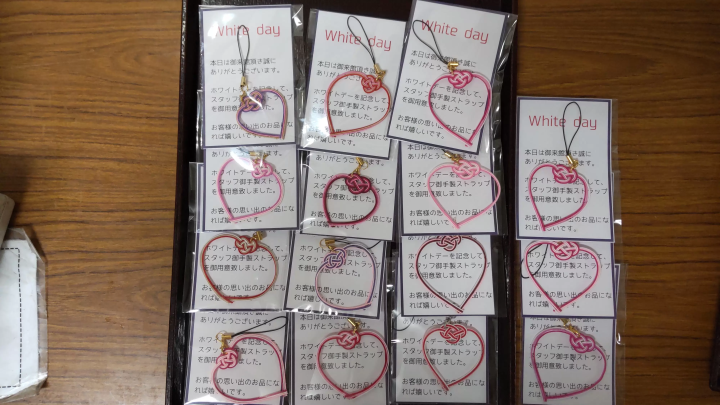
Valentine's Day White Day
On Valentine's Day, February 14th, a day to express your feelings to your loved ones, it was common in Japan to give them chocolates. In the past, it was mainly sent from women to men, but now they are also given to close friends or to colleagues at work. Also, in return, March 14th is called White Day, and it is customary for men to give cookies to women in return. At Genji-koh, we also offer chocolate on Valentine's Day and cookies on White Day. The photo is of a Japanese-style ryokan in which we arranged the ``Mizuhiki'', which is considered auspicious in Japan, into a heart shape.

Hinamatsuri
On March 3rd, there is a celebration called "Hinamatsuri" to pray for the birth of a girl and for her healthy growth. Originally, paper in the shape of a person was floated down the river to pray for safety, but over time the custom changed to displaying dolls. It is also called ``Peach Festival'' because the peaches are beautiful. We bring out doll decorations, eat colorful hina arare, drink amazake, and wish for healthy growth in the future. Genji-koh also puts out doll decorations around this time of year for customers to enjoy.

Boys' Festival
On May 5th, Boys' Festival is held to pray for the healthy growth of boys. We display warrior dolls, armor, and helmets to wish for the growth of boys. Even Genji-koh decorates the lounge with hideous warrior dolls and armor. Some families also raise carp streamers. This comes from a Chinese legend that says that a carp that managed to climb up a rapid stream turned into a dragon and ascended to the sky.

Tanabata
Tanabata is the night of July 7th, when Orihime and Hikoboshi cross the Milky Way and meet only once a year. In Japan, people attach strips of paper with wishes written on bamboo leaves. At Genji-koh, bamboo leaves with various wishes written on them are displayed in the lounge. We also eat somen with a Milky Way motif.

Jugoya
Jugoya is an ancient event where people give thanks for the harvest by offering the autumn harvest, as the air is the clearest and the moon is the most beautiful of the year. In modern times, we decorate with pampas grass, one of the fall plants, and have round dango shaped like the moon. By the way, the dango in the photo looks like a rabbit. In Japan, the moon pattern looks like a rabbit pounding rice cakes, so we arranged it this way.

Halloween
Halloween, an event held by the Celts in Europe to chase away evil spirits and celebrate the fall harvest, has become a cosplay event in Japan, with costumes used to ward off evil spirits. Also, people enjoy pumpkin dishes on Halloween because of the image of pumpkins. At Genji-koh, the kitchen will come up with a variety of desserts with Halloween motifs.

Christmas
At Christmas, which celebrates the birth of Jesus Christ, we decorate with Christmas trees and wreaths. We also eat Christmas cake and chicken. It is believed that Santa will come on the night of December 24th and leave presents by the bedside of good children.
Conclusion Why has Easter not become popular in Japan?
Christmas, which celebrates the birth of Jesus, is a major event in Japan. However, Easter, which celebrates Christ's resurrection three days after his crucifixion, has hardly become established. I wonder why. There is no right answer. In the article, I said, ``It is difficult to expect commercial profits because it is in early April, after the expensive and hectic graduation and admission season from late March to early April.'' ``There is no specific date set for this. ``No,'' and ``Japanese events are closely related to food, like Valentine's Day and chocolate, and this time of year people bring food to cherry blossom viewing,'' I thought to myself.
At Christmas we celebrate Christ's birthday, but at New Year's we celebrate to welcome the god of the year, so it's not related to any religion! Even Japanese people joke with each other. So, if you were to ask me what the appeal of Japanese events is, I would say "food" and "bonds." On New Year's Day, relatives gather together to eat auspicious New Year's food, on Valentine's Day they give chocolate to their loved ones, and on White Day they give cookies in return. During the Doll's Festival, the family eats chirashi sushi to pray for the safety of the daughter; during the May Festival, the family eats kashiwa mochi and chimaki to wish for the growth of the son; on Tanabata, everyone eats somen; and during the moon viewing. This time, everyone will eat dango. At Christmas, we share cake with friends. I think that because Japanese people have a weak tendency to directly express their feelings to the people they care about, a culture of ``realizing bonds'' has been born through events.
Please enjoy these Japanese events when you come to Japan. At Genji-koh, an anniversary inn based on the concept of a Japanese-style inn, we always do our best to help everyone enjoy Japanese events.
Official website of Genji-koh, a Japanese-style inn that welcomes you with its fragrance.
Through the deep and tranquil world of incense that reminds us of the hospitality and elegance of scent, Genji-koh is an inn that reminds you of the elegance of the era of The Tale of Genji. Our inn is Japan's first Japanese-style inn with a scent-themed theme. Awakening the forgotten peace of mind. You can feel the comfort of incense everywhere in your room and throughout the hotel.
The contents on this page may partially contain automatic translation.






















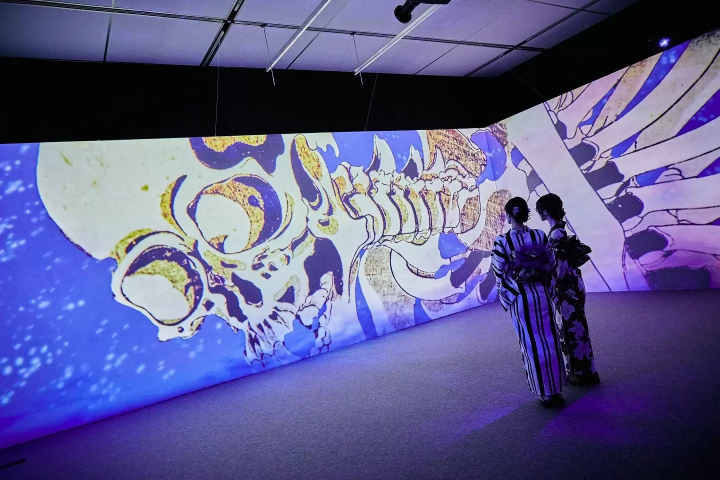

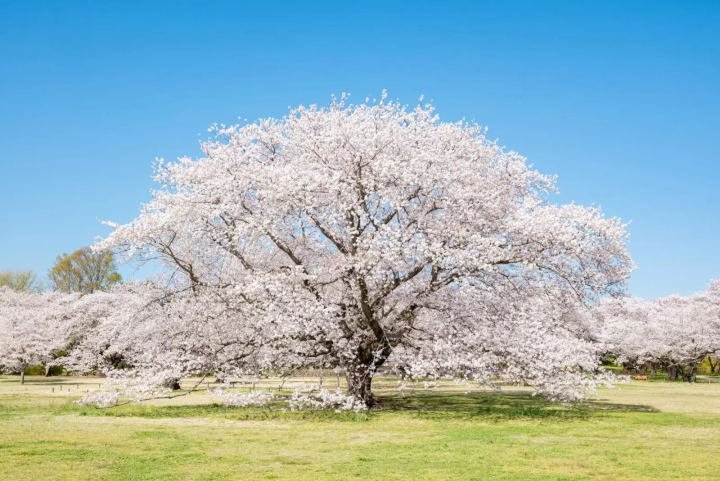
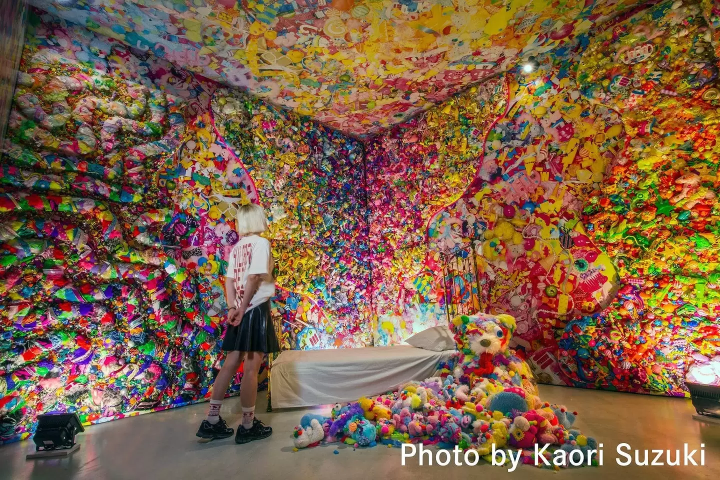
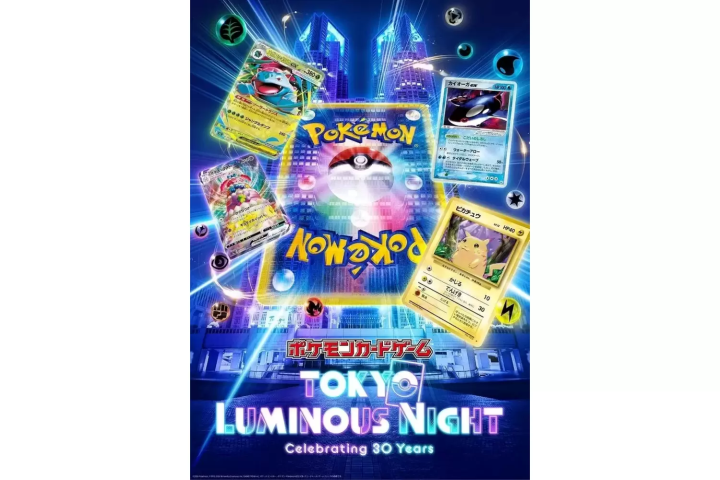





![[First come, first served] Tour the hotel and get luxurious rewards! Stamp rally exclusive to visitors to Japan!](https://resources.matcha-jp.com/resize/720x2000/2026/02/18-259040.webp)
![[Latest] Complete Guide to atmos Exclusive Sneakers and Special Edition Models | Apparel and Upcoming Releases](https://resources.matcha-jp.com/resize/720x2000/2026/03/04-260379.webp)
![[Fukui Prefecture] Discover a side of Japan you never knew existed.](https://resources.matcha-jp.com/resize/720x2000/2026/03/04-260375.webp)

